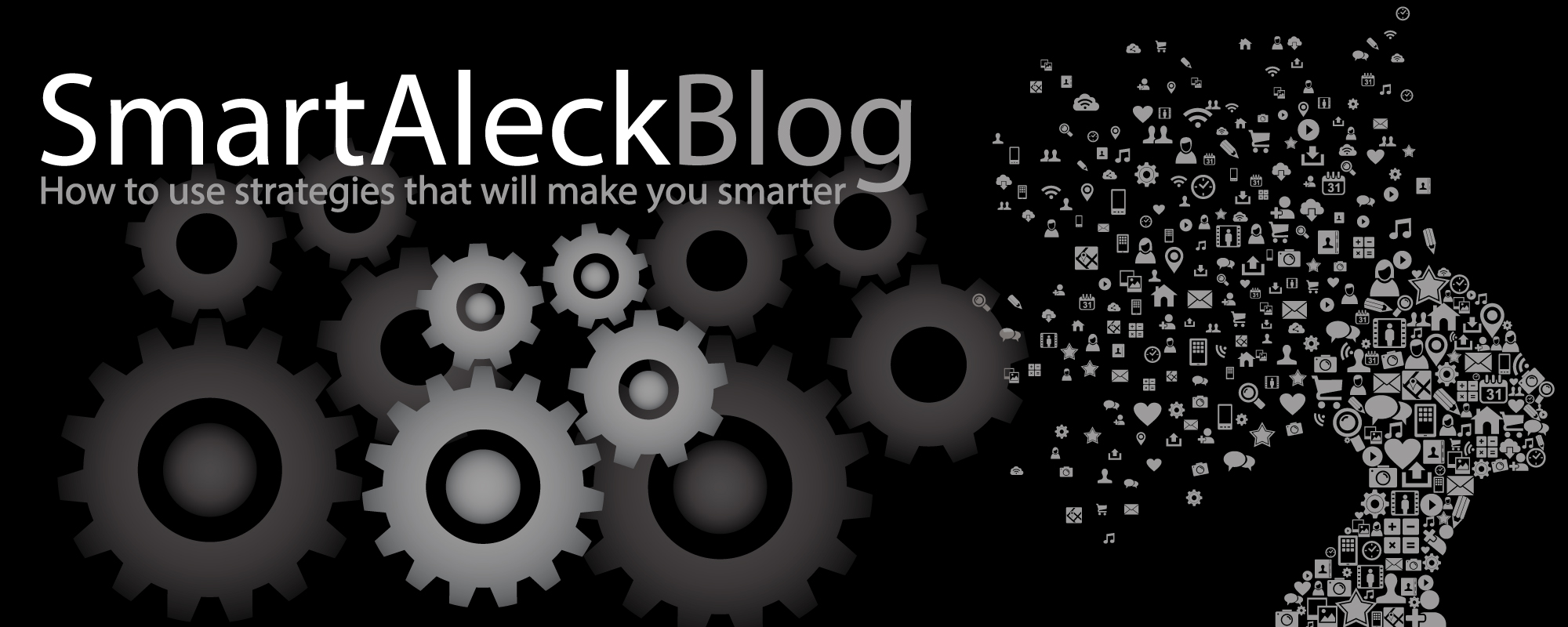The purpose of the next few posts is to examine conceptual models and use them to develop critical thinking skills that one can use in their everyday life. The first model is Bronfenbrenner’s Ecological Model, also known as the Ecological Systems Theory, provides a framework for understanding how various environmental systems influence human development. This model can be linked to the development of critical thinking skills in several ways. First, we define the model.
Bronfenbrenner’s Ecological Model
Bronfenbrenner’s model consists of five interrelated systems that shape an individual’s development:
- Microsystem: Immediate environments such as family, school, and peers.
- Mesosystem: Interactions between different microsystems (e.g., relationships between family and school).
- Exosystem: External environments that indirectly influence development (e.g., parents’ workplaces).
- Macrosystem: Broader cultural and societal influences.
- Chronosystem: Changes over time that affect development (e.g., life transitions, historical events).

Association with Critical Thinking Skills
The University of Louisville indicates that critical thinking involves analyzing, evaluating, and synthesizing information to make reasoned judgments. Here’s how each system in Bronfenbrenner’s model can contribute to the development of these skills:
- Microsystem:
- Family: Parents and siblings can encourage questioning and problem-solving, fostering an environment where critical thinking is valued.
- School: Teachers and peers play a crucial role in developing critical thinking through discussions, debates, and collaborative projects.
- Mesosystem:
- Interconnections: Positive interactions between family and school can reinforce critical thinking skills. For example, parental involvement in school activities can enhance a child’s learning experiences and promote critical thinking.
- Exosystem:
- Indirect Influences: Factors such as parents’ work environments can impact the resources and time available for fostering critical thinking at home. Supportive work policies can enable parents to be more involved in their children’s education.
- Macrosystem:
- Cultural Values: Societal attitudes towards education and critical thinking can shape how these skills are taught and valued. Cultures that emphasize inquiry and open-mindedness are likely to promote stronger critical thinking skills.
- Chronosystem:
- Temporal Changes: Life events and historical contexts can influence the development of critical thinking. For instance, exposure to diverse perspectives over time can enhance one’s ability to think critically.
Practical Implications
Understanding the association between Bronfenbrenner’s model and critical thinking can help educators, parents, and policymakers create environments that nurture these skills. For example:
- Educators can design curricula that integrate critical thinking exercises across subjects.
- Parents can engage in activities that promote questioning and exploration.
- Policymakers can support educational reforms that emphasize critical thinking.
- Citizens can choose policies that support their cultural values.
Tell me what you think when you get a chance!
Adrian

Please note: I reserve the right to delete comments that are offensive or off-topic.